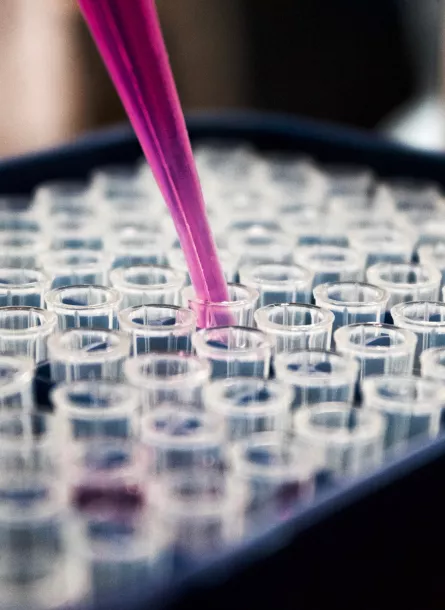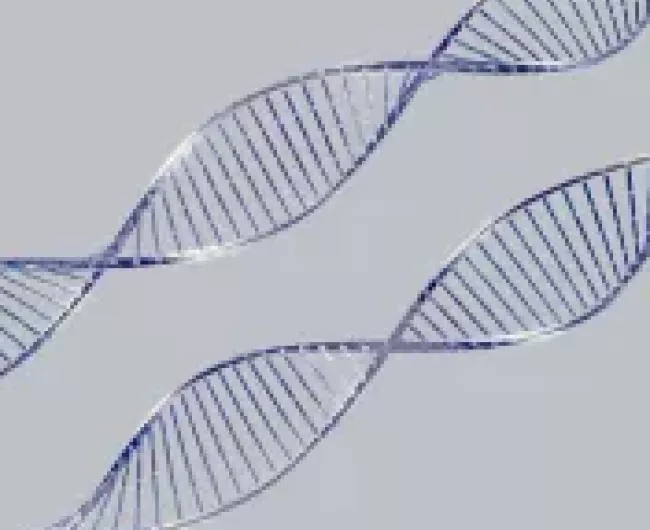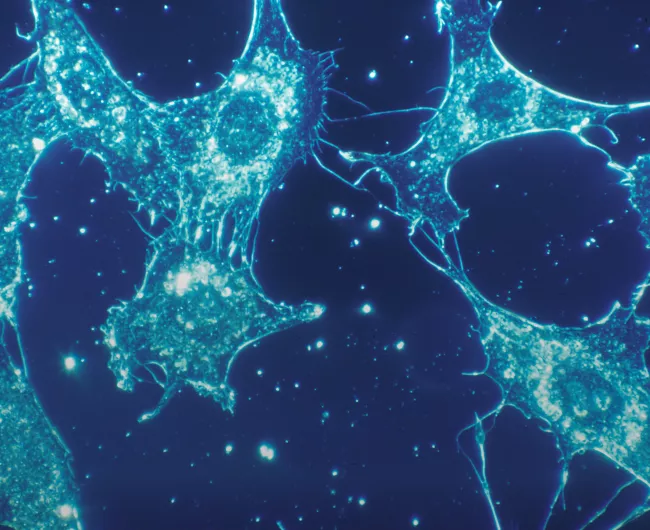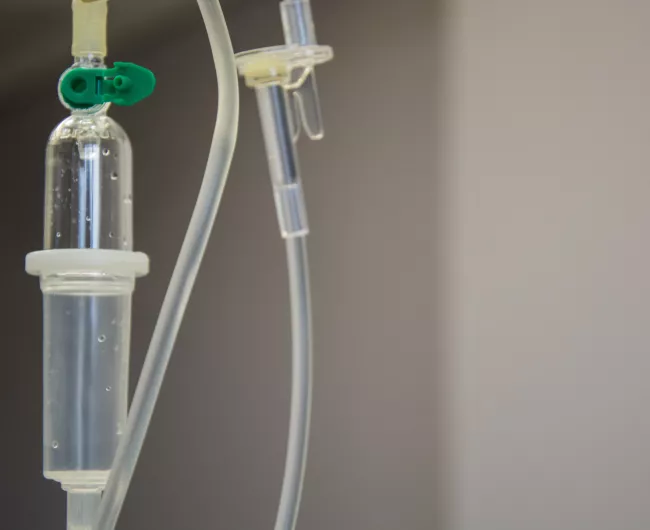
UGT1A1 biomarker and colorectal cancer


What is the UGT1A1 biomarker?
The UGT1A1 gene is present in all the cells in our body. The normal UGT1A1 gene providesinstructions for making a certain enzyme called UDP glucuronosyltransferases, which helps the liver break down medications effectively.

What happens if I have the UGT1A1 biomarker?
If you have a mutation in the UGT1A1 gene, your body may not be able to process certain chemotherapy drugs.
Patients with this rare mutation have symptoms such as impaired liver function, low white cell counts, and severe diarrhea.
Your doctor will monitor you closely during your chemotherapy treatment to watch for any adverse reactions.

Who should have UGT1A1 testing?
UGT1A1 mutation testing is not routinely performed.
Patients are often tested if they have experienced severe toxicity during treatment with FOLFIRI, FOLFIRINOX, or irinotecan.
Other biomarkers
SidednessTop resources

Bringing biomarker testing within reach: CLEAR for CRC to empower patients from day one
Biomarker testing can guide colorectal cancer treatment and improve outcomes. Learn how CLEAR for CRC is helping patients access this critical tool.

John E.: Biomarker testing uncovered a pivotal treatment option
After a grim prognosis, biomarker testing revealed a targeted treatment option for John E. Learn how knowing your biomarkers can change what’s possible.

"Clinical trials gave us time": A daughter’s tribute to her mother’s courage
When Kate Shin’s mother faced rectal cancer, clinical trials gave them precious time together. Now, Kate shares her story to encourage access to screening and innovative care, including clinical trials.





